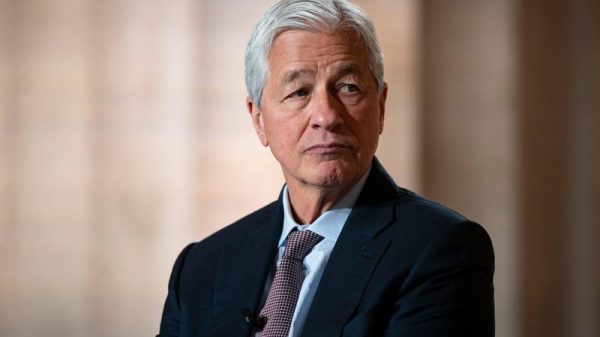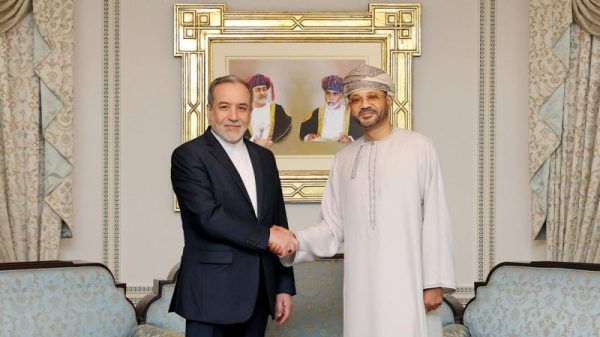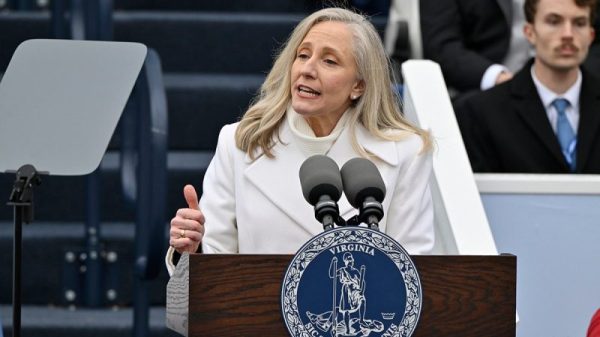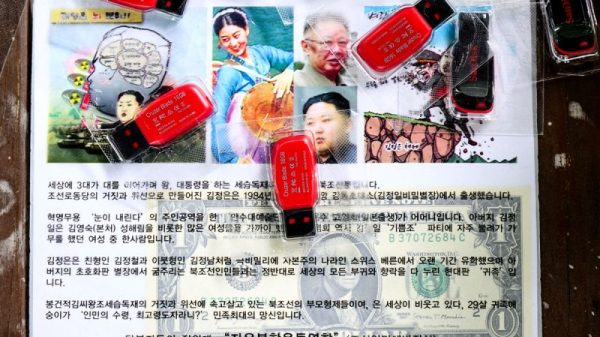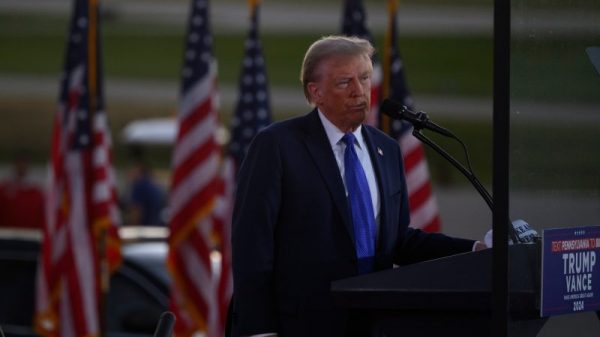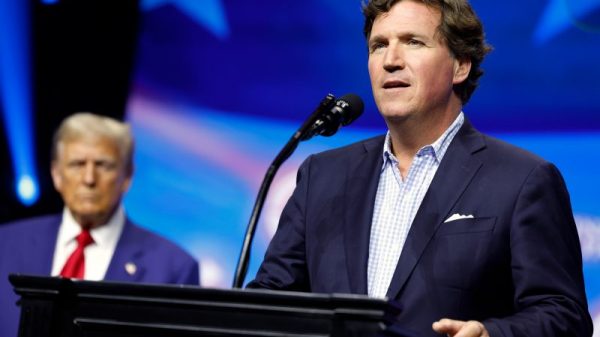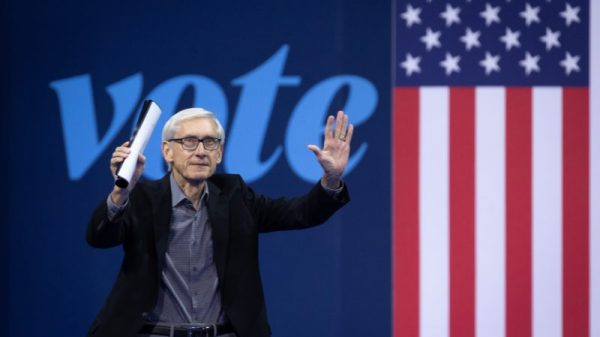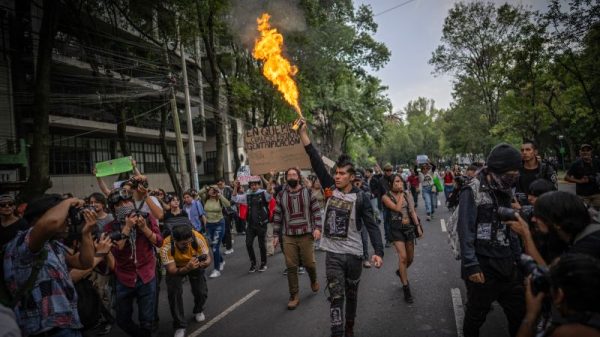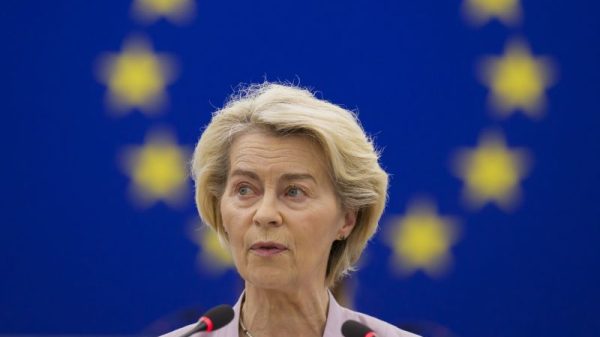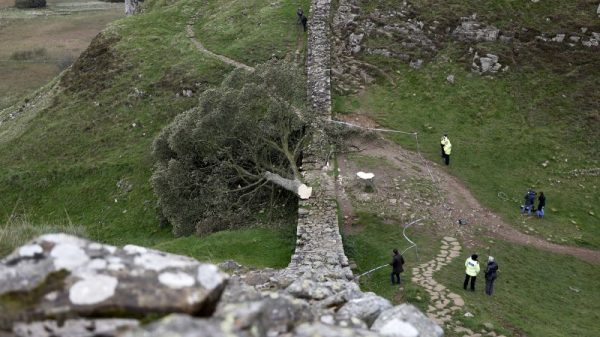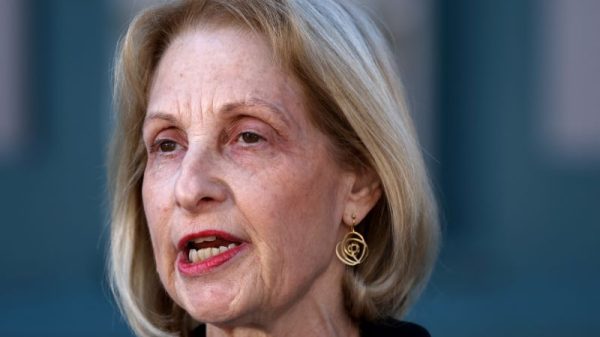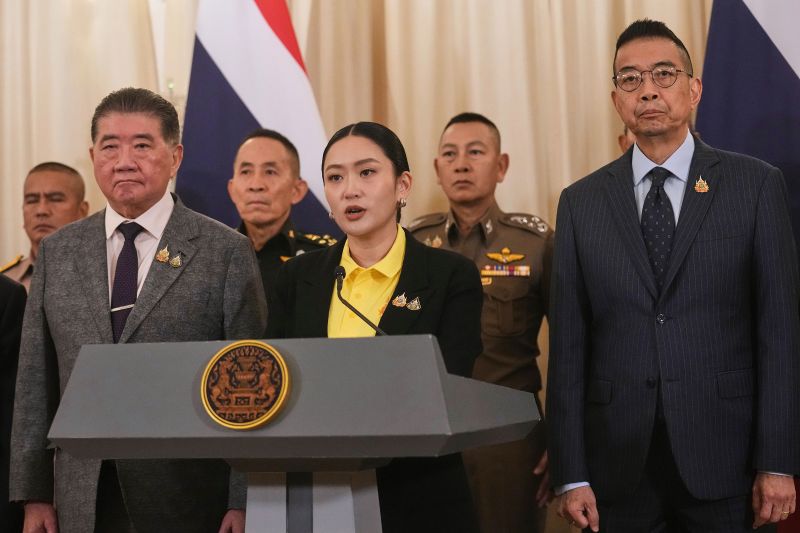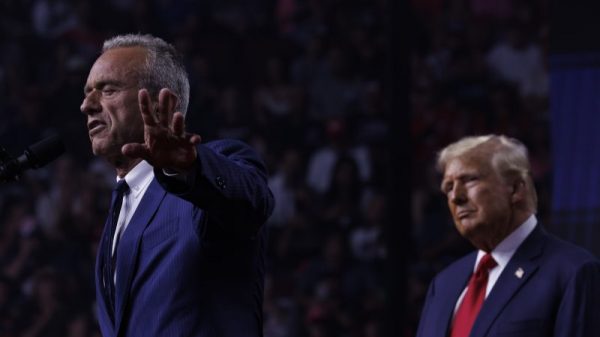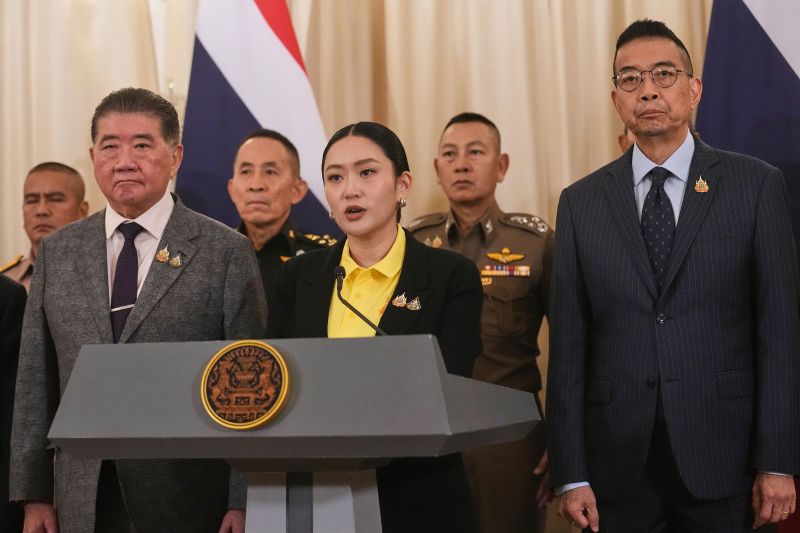
Thailand’s Prime Minister Paetongtarn Shinawatra is facing increasing pressure to step down, after appearing to criticize the military in a 17-minute leaked phone call she had with Cambodia’s powerful former leader over an escalating border dispute.
The scandal, which sparked widespread anger in the country, brings fresh uncertainty to a country roiled by years of political turbulence and leadership shake-ups. Paetongtarn, 38, has only held the premiership for ten months after replacing another prime minister who was removed from office.
It also comes at a time when the Southeast Asian kingdom is struggling to boost its ailing economy, is negotiating a trade deal with the United States to avoid punishing tariffs, and is embroiled in an escalating border dispute with its neighbor Cambodia that has soured relations to their lowest point in years.
Paetongtarn apologized on Thursday and Thailand’s Ministry of Foreign Affairs summoned the Cambodian ambassador to deliver a letter of protest, calling the leak of the private phone call “a breach of diplomatic etiquette.”
“Thailand views that these actions are unacceptable conduct between states. It contradicts internationally accepted practices and the spirit of good neighborliness” and “undermined the trust and respect between the two leaders and countries,” a ministry spokesperson said in a statement.
In a post on his official Facebook page, Hun Sen said he had shared a recording of the call with about 80 Cambodian officials and suggested one of them may have leaked the audio. The 72-year-old political veteran later posted a recording of the 17-minute call in its entirety.
In the leaked call, which took place on June 15, Paetongtarn could be heard calling former Cambodian strongman Hun Sen “uncle” and appeared to criticize her own army’s actions in after border clashes led to the death of a Cambodian soldier last month.
Paetongtarn, a relative political newcomer from a powerful dynasty who became Thailand’s youngest prime minister last year, appeared to signal there was discord between her government and the country’s powerful military.
In the call, the Thai prime minister can be heard telling Hun Sen that she was under domestic pressure and urged him not to listen to the “opposite side,” in which she referred to an outspoken Thai army commander in Thailand’s northeast.
“Right now, that side wants to look cool, they will say things that are not beneficial to the nation. But what we want is to have peace just like before any clashes happened at the border,” Paetongtarn could be heard saying.
She also added that if Hun Sen “wants anything, he can just tell me, and I will take care of it.”
Her comments in the leaked audio, which was confirmed as authentic by both sides, struck a nerve in Thailand, and opponents accused her of compromising the country’s national interests. The Bhumjaithai party, a major partner of the prime minister’s government, withdrew from the coalition on Wednesday, dealing a major blow to her Pheu Thai party’s ability to hold power.
“Paetongtarn compromised her position as prime minister and damaged Thai national interest by kowtowing to Hun Sen,” said Thitinan Pongsudhirak, a professor of political science at Chulalongkorn University. “Her exit is a matter of time and she could be liable for further charges.”
The handling of the border dispute has also stoked nationalist fervor in both countries. In Thailand, conservative forces have called for Paetongtarn to face charges and resign. In Cambodia, thousands of people joined a government-organized rally last week in solidarity with the government and military over the issue.
Thailand and Cambodia have had a complicated relationship of both cooperation and rivalry in recent decades. The two countries share a 508-mile (817-kilometer) land border – largely mapped by the French while they occupied Cambodia – that has periodically seen military clashes and been the source of political tensions.
Paetongtarn on Wednesday tried to downplay her remarks to Hun Sen, saying at a press conference she was trying to diffuse tensions between the two neighbors and the “private” call “shouldn’t have been made public.”
The prime minister said she was using a “negotiation tactic” and her comments were “not a statement of allegiance.”
“I understand now, this was never about real negotiation. It was political theater,” she said. “Releasing this call… it’s just not the way diplomacy should be done.”
Hun Sen, the veteran leader who ruled Cambodia with an iron-fist for almost 40 years, stepped down in 2023 and handed power to his son Hun Manet.
But he remains a hugely influential figure in Cambodian politics, he currently serves as senate president and is a friend and ally of Paetongtarn’s father, the former Thai Prime Minister Thaksin Shinawatra.
Border dispute
Tensions between the two neighbors worsened last month, when a Cambodian solider was killed during a brief clash between Thai and Cambodian troops in which both sides opened fire in a contested border area of the Emerald Triangle, where Cambodia, Thailand and Laos meet.
Thai and Cambodian forces said they were acting in self-defense and blamed the other for the skirmish.
Although military leaders from Thailand and Cambodia said they wished to de-escalate, both sides have since engaged in saber-rattling and reinforced troops along the border.
Thailand took control of border checkpoints, imposed restrictions on border crossings and threatened to cut electricity and internet to Cambodia’s border towns. Cambodia in return stopped imports of Thai fruit and vegetables and banned Thai movies and TV dramas.
Cambodia also filed a request with the UN’s International Court of Justice to seek a ruling over disputed border areas with Thailand, including the site of the most recent clash.
However, Thailand does not recognize the ICJ’s jurisdiction and claims that some areas along the border were never fully demarcated, including the sites of several ancient temples.
In 2011, Thai and Cambodian troops clashed in a nearby area surrounding the 11th century Preah Vihear temple, a UNESCO World heritage site, displacing thousands of people on both sides and killing at least 20 people.










